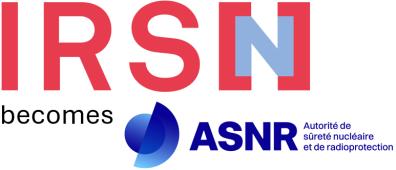IRSN joins RESILIENCE partnership to strengthen European response to CBRN threats
In response to the call for proposals launched by the European Defence Fund, the RESILIENCE Framework Partnership was setup aiming at building a European collaborative ecosystem against current or future CBRN threats. RESILIENCE bring together military medical institutes, research institutes, universities, research and technology organisations (RTOs), hospitals, industries, mid-caps and SMEs. The IRSN is honoured to be selected as one of these 100 European partners, its experts in NR threats will serve different R&D projects, in dosimetry, diagnosis and Medical countermeasure.
For 2024, IRSN will contribute to a first development project for new decorporating and decontaminating agents to improve care of soldiers exposed to NR threats (INDECRAD). INDECRAD will explore two main complementary approaches aimed at enhancing radionuclide decorporation/decontamination:
- Optimising the physicochemical form of Prussian Blue to improve its intrinsic complexation properties toward radionuclide (modified PB for Cs and Co) for oral radionuclide decorporation and wound decontamination
- Evaluating the efficacy of topical formulations (i.e., hydrogels and texturing gels) containing chelating drugs such as Prussian Blue, calixarene and HOPO for the decontamination of injured skin or wounds contaminated with radionuclide (U, transuranics, Cs and Co).
This project is led by the University of Latvia and has 5 partners on board : IRSN, CNRS, CEA, Bundeswehr Institute of Radiobiology-D and University of Brno-CZ.
